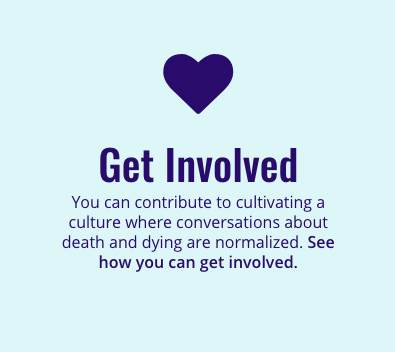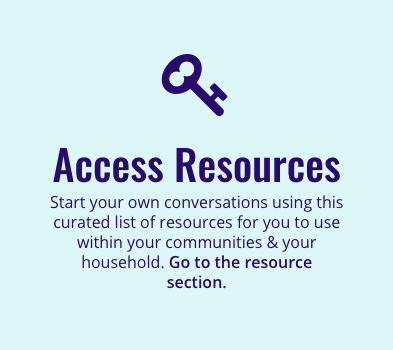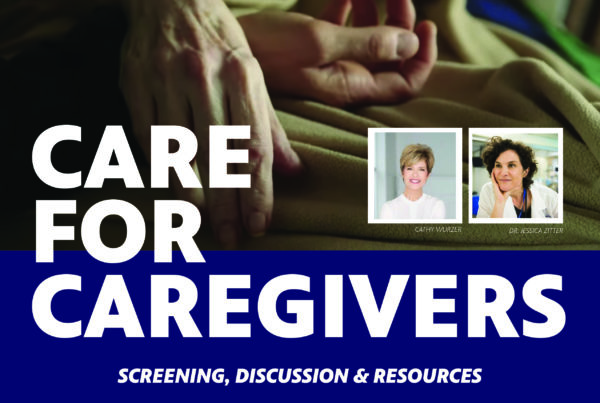 This is part two in a two-part blog series. Following the free “Care for Caregivers” event we recently hosted alongside Pioneer PBS, we want to share some of the key parts of the rich discussion that followed the screening of the film “Caregiver: A Love Story,” which you can watch here. This week’s post focuses on helpful tips for caregivers and what all of us can do to support the caregivers in our lives. Last week’s post highlighted the problem of caregiver burnout and some things we should know about the related challenges and opportunities.
This is part two in a two-part blog series. Following the free “Care for Caregivers” event we recently hosted alongside Pioneer PBS, we want to share some of the key parts of the rich discussion that followed the screening of the film “Caregiver: A Love Story,” which you can watch here. This week’s post focuses on helpful tips for caregivers and what all of us can do to support the caregivers in our lives. Last week’s post highlighted the problem of caregiver burnout and some things we should know about the related challenges and opportunities.
“I don’t think we have a system for people who are outside of the hospital who are trying to manage with serious and end stage illness or chronic illness or disabilities. We don’t have a system for the caregiver.”
That’s the problem articulated by Dr. Jessica Zitter, a palliative care and ICU doctor who supports patients with serious illness, many of whom are facing end of life. She directed a documentary called “Caregiver: A Love Story” that highlighted the problem of caregiver burnout. We recently partnered with Pioneer PBS to host a free virtual screening of her movie, followed by a discussion between Zitter and our founder, Cathy Wurzer. Dr. Zitter had some great suggestions for what all of us—whether caregivers or not—can do to address this issue. Here are our takeaways:
Caregivers:
-
Organize “home-grown help”: Zitter encourages caregivers to leverage their networks of friends and family. Often times, caregivers end up with a fridge full of casseroles they don’t need but lacking help with other essential tasks. Ask those wanting to help if they might consider doing a couple loads of laundry each week, making an occasional trip to the grocery store, or doing something else that really will ease your burden.
- Identify resources in your community: Search online for resources in your area that you qualify for and/or can afford; that includes formal (paid) caregivers, caregiver classes, and caregiver support groups. Additionally, ask your workplace if there are any benefits for caregivers.
- Consider end-of-life doulas: “I am so excited to see the rise of interest and acceptance of this incredibly important role,” Zitter said. These trained professionals, who have been through many different iterations of end of life, are there to be witnesses, provide a calming presence, and serve as an experienced guide, which can be such a gift to the person dying as well as the caregiver.
Health care providers:
- Raise your awareness: Learn about the problem of caregiver burnout, said Zitter. “Feel this issue” so that you can empathize with those in this challenging role. Then take what you’ve learned back to your workplace, and start thinking about solutions for how our overall health care system can better support caregivers.
- Provide encouragement: When a loved one is going home from the hospital with someone who will become their caregiver, pat the caregiver on the back, said Zitter. Tell them: “This job you’re about to do is really, really important and potentially really, really hard.” Talk to them about how critical it is to solicit help so they’re not bearing the burden alone.
The rest of us:
- Raise your awareness: Educate yourself about what caregivers are facing, then start finding the caregivers in your extended family, your neighborhood, your place of worship, and your workplace. “See them, notice them, and then support them,” said Zitter. Tell them: “I understand that you’re a family caregiver, I appreciate what you’re doing, and I know it must be really hard. I’m here for you.”
- Offer to help: After you’ve identified the caregivers in your sphere, ask how you can help. For example: Can I get you a bag of groceries? Can I bring you a meal? Can I help you with a chore at home? Ask what they would find most helpful, and then do it to lessen their load.
- Write to legislators: There is a bill in Congress that includes money to support family caregivers. “We have leverage opportunities right now,” said Zitter. This is a moment when we can all pick up our phones and call our Congresspeople to tell them that we believe it’s important to support caregivers.










